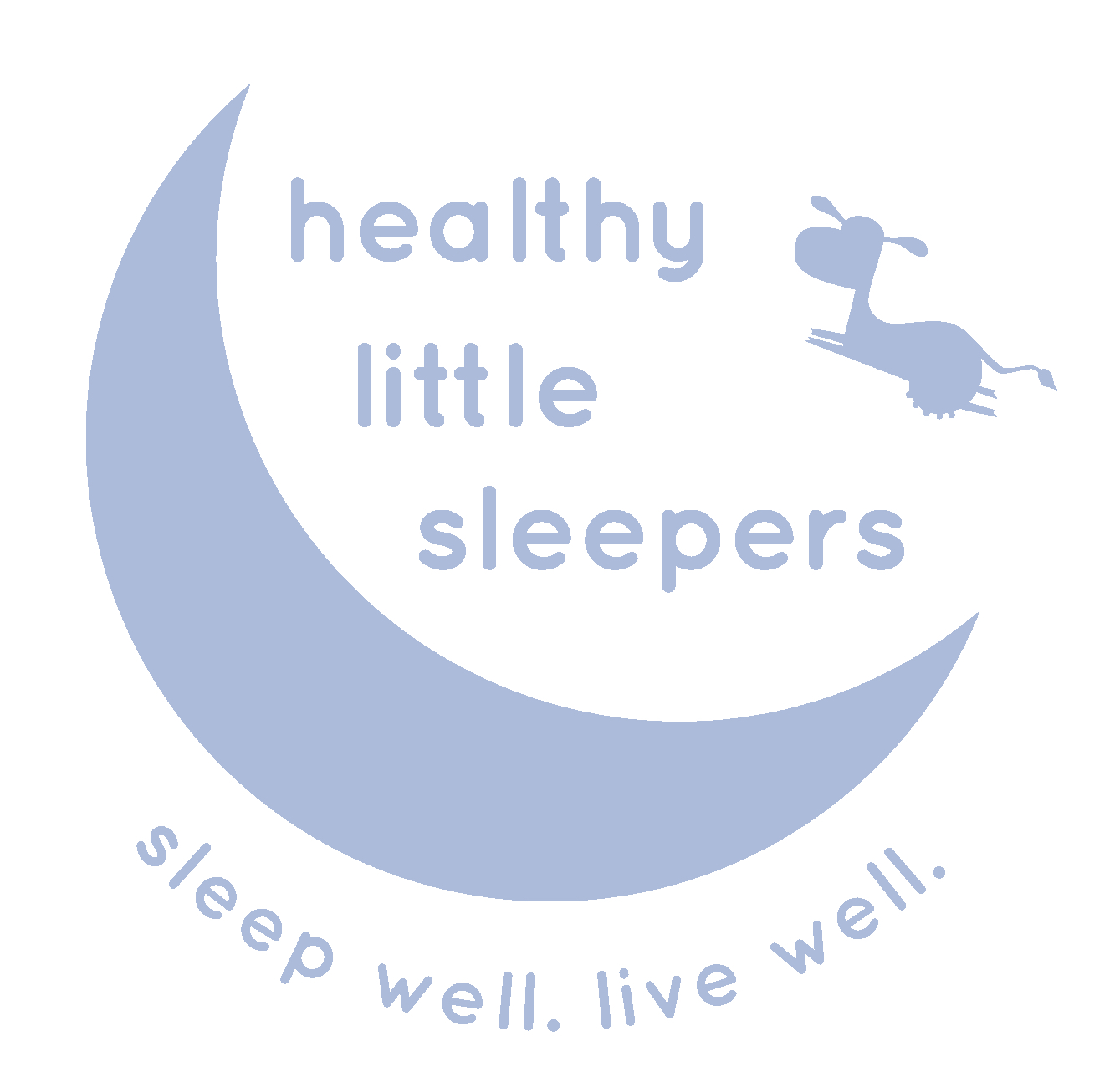Daylight Savings - Springing Forward
It's that time year again when we will be moving the clocks forward an hour and many parents wonder how to handle their little one's sleep. It's also that time of year when several parents who have early risers rejoice because their 5:30am riser will now be a 6:30am riser. While this is the case for many parents, others may have their little one's sleep creep back into their previous early rising. Yikes! But, I am not here to talk about early rising; we'll save that for another time. Ya know, when sun starts rising earlier in the morning during the late spring/early summer months and so does your baby! So, back to the time change...
With moving the clocks forward an hour, one of the most important things to do is to get your baby up for the day at 7:00am. I often get parents asking me 'Why in the world would wake my baby up and try and get him/her on the new clock if s/he is going to be sleeping in later!?! That means more sleep for me!' (This is very true... a little extra shut eye for you is nice). One reason we get your little one up is so that his/her body clock is in line with the rising and setting of the sun (which is actually how their little bodies operate in relation to sleep- aka biological/circadian rhythms). And for babies that are already sleeping well, +/- 1 hour should not make that big of a difference. Why? Well, because our added cues throughout the day (such as eating, playtime, preschool, nap routines, etc.) play a role in making that adjustment.
Another reason for adjusting to the new clock time is to make sure that your baby gets the most restorative sleep possible. When sleep happens at "off" times in relation to the rising and setting of the sun, you might begin to see nighttime wakings or early morning risings. Sleep is not just about the number of hours of sleep your baby gets; sleeping at the right time is extremely important too. Just like sleeping in a crib is more restorative than sleeping in a stroller or car, sleeping at the right time is more restorative than sleeping at "off" times.
So, with this in mind, come Sunday morning if your little one is still sleeping at 7:00am, get her/him up for the day! I know, I know... your back to thinking 'Wake a sleeping baby!?! Whaaat!?!' Yep! Especially, if you are still on a two nap schedule. You want to get your little one up for the day, open then blinds, let the sunlight in and start setting his/her circadian rhythms with the new day/timing. Most importantly you are waking your little one to preserve that morning nap so it occurs at the right time. And continue to keep Sunday like you would another day on the new clock with feeding and playing routines. Don't even think about what time it was the day before.
If your little one is on one nap a day, you might have some wiggle room with that 7:00am wakeup. But try not to let him/her sleep later than 7:30am, especially if you have a sensitive sleeper. You still want him/her to take the afternoon nap, so start the day the same way with some bright sun and fun activities outdoors.
Now if your baby does not have any set napping routines in his/her day, this may be a good time to start since your little one will be waking later in the morning making it somewhat easier for you (i.e., easier in that they are not getting up as early as they normally would have been). Depending on the age of your little one (4mos will look very different from 10mos, which looks very different from 16mos), timing of naps will vary based on the number of naps needed - ranging from 3 or 4 naps for our youngest babies to 1 nap for our 16mo olds (give our take a couple months).
For more specific strategies on tackling Daylight Savings, check out Daylight Savings - What to Do About Your Little One's Sleep
----------------------------------
Susie Menkes, PhD is a Certified Infant + Toddler Sleep Specialist through the Family Sleep Institute (FSI), and she is dedicated to helping families get their little ones to be healthy little sleepers. As a mom of two, she knows and understands what you are going through and is here to support, educate, and guide you on all matters related to sleep.


